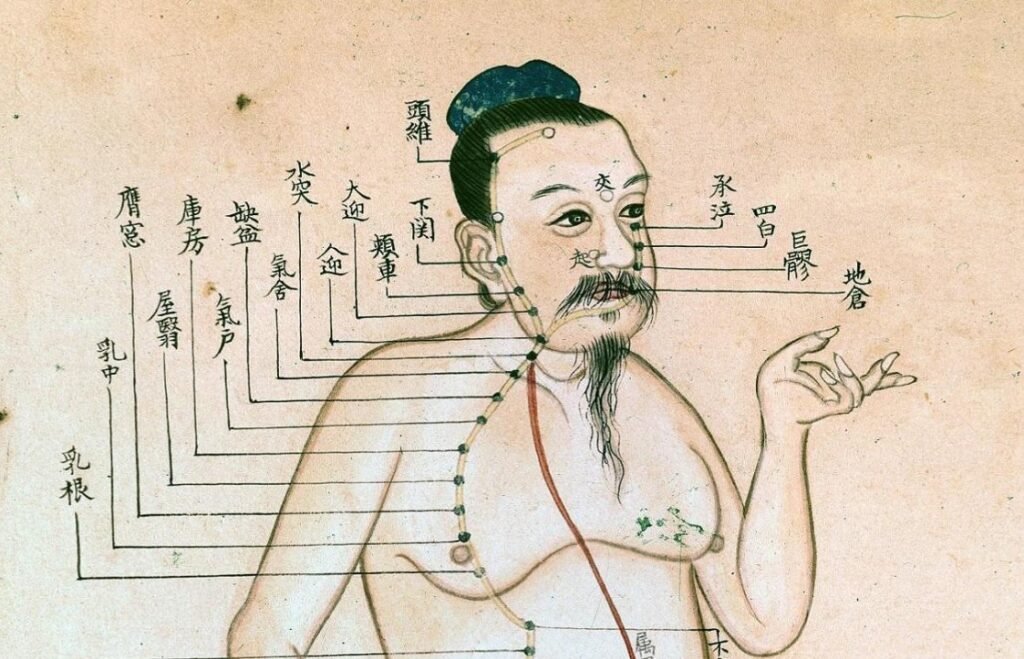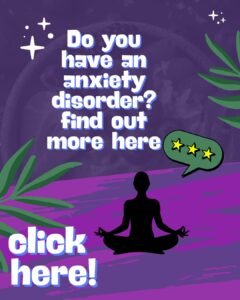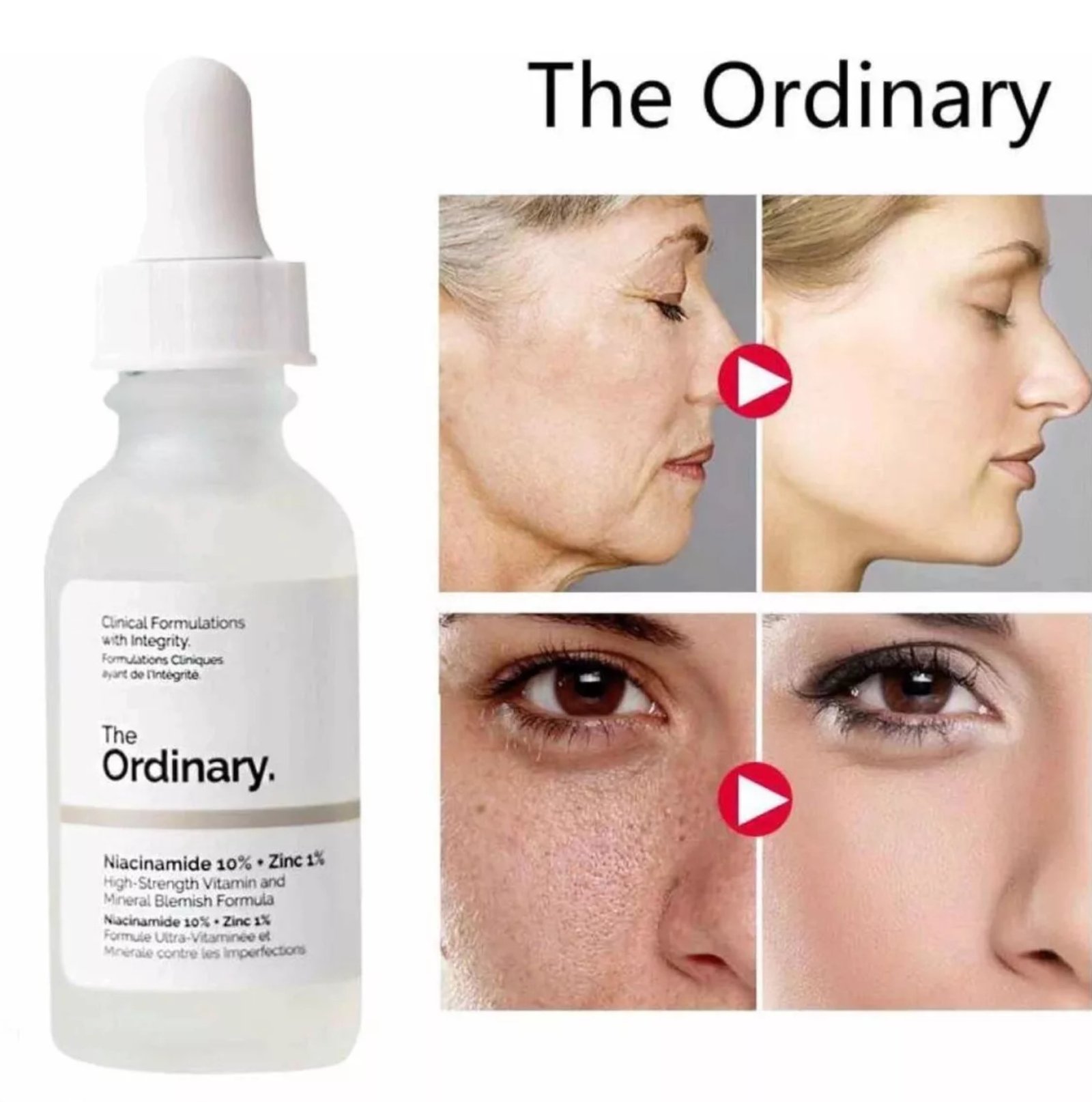The use of medications for anxiety has grown indiscriminately due to a combination of factors, including the increased prevalence of anxiety disorders, the rapid search for symptom relief, and the greater availability of prescribed medications. Often, patients and healthcare professionals opt for anxiolytic medications as a quick and effective solution to debilitating anxiety symptoms such as panic attacks, insomnia, and constant tension. However, prolonged use of these medications can lead to dependence, unwanted side effects, and the need for increasingly higher doses to achieve the same effect, raising concerns about their over-prescription and the inadequate management of anxiety disorders.
The increase in studies on acupuncture for treating anxiety and insomnia reflects a growing search for alternative therapeutic approaches that are less invasive and pose fewer risks of side effects compared to medications.
Acupuncture is an ancient practice that, through the insertion of needles at specific points on the body, can help regulate the nervous system, promote relaxation, and improve sleep quality. The growing scientific evidence that acupuncture can be effective in reducing symptoms of anxiety and insomnia without the common side effects of medications has fueled interest in this therapy as an alternative or complement to pharmacological treatment. This reflects a broader trend towards integrative health solutions that combine conventional treatments with complementary and alternative medicine practices.

History of Acupuncture
Acupuncture is an ancient practice, originating in China over 2,500 years ago. An essential part of Traditional Chinese Medicine (TCM), acupuncture is based on the idea that the human body is permeated by a network of energy channels, called meridians, that connect organs and systems. The balance of this vital energy, known as “Qi,” is fundamental to health. When the flow of Qi is disrupted, diseases arise, and acupuncture seeks to restore this balance by inserting fine needles into specific points on the body.
The introduction of acupuncture to the West began in the 17th century, brought by European missionaries and explorers who encountered the practice in China and Japan. However, it was not until the 20th century that acupuncture gained greater attention in the West, especially after U.S. President Richard Nixon’s visit to China in 1972. During this visit, journalists and doctors accompanying him witnessed and reported on the effects of acupuncture, sparking renewed interest and leading to an increase in studies and acceptance of the practice in Western countries.
In 1979, the World Health Organization (WHO) formally recognized acupuncture as an effective therapeutic practice. The WHO recommended its use for a wide range of conditions, including chronic pain, migraines, nausea, and some mental health issues such as anxiety and insomnia. This global recognition by the WHO helped establish acupuncture as a complementary medical practice, broadening its acceptance and integration into healthcare systems worldwide
Evidence-based treatment
Evidence-based studies on the treatment of anxiety with acupuncture have shown promising results, with various research indicating its effectiveness. Clinical trials and systematic reviews suggest that acupuncture can significantly reduce anxiety symptoms. The practice is believed to influence the central nervous system and the release of neurotransmitters related to well-being, such as serotonin and endorphins, which help alleviate anxious symptoms. These studies indicate that acupuncture may offer an effective alternative or complement to conventional treatments.
Additionally, acupuncture is often noted for having fewer side effects compared to anxiolytic medications. Meta-analyses suggest that acupuncture can be beneficial for various types of anxiety disorders, including generalized anxiety disorder and post-traumatic stress disorder. Although further research is needed to fully understand the biological mechanisms involved and to standardize treatment techniques, current evidence supports acupuncture as a valid and safe option for managing anxiety.
How can acupuncture reduce the indiscriminate use of medications?
Acupuncture can reduce the use of medications for anxiety in several ways. First, it provides an effective alternative approach to treating anxiety, which may decrease reliance on anxiolytic medications. Studies have shown that acupuncture can help alleviate anxiety symptoms by promoting the balance of the nervous system and improving emotional well-being. This may allow patients to gradually reduce their medication doses or even avoid starting pharmacological treatment altogether.
Additionally, acupuncture is known for having fewer side effects compared to medications. Reducing side effects and improving patients’ quality of life can lead to a decreased need for medication. By addressing not only anxiety symptoms but also possible underlying causes such as stress and emotional imbalances, acupuncture can contribute to a more holistic and sustainable treatment approach, thereby reducing long-term dependence on medications.
Also read our posts:












